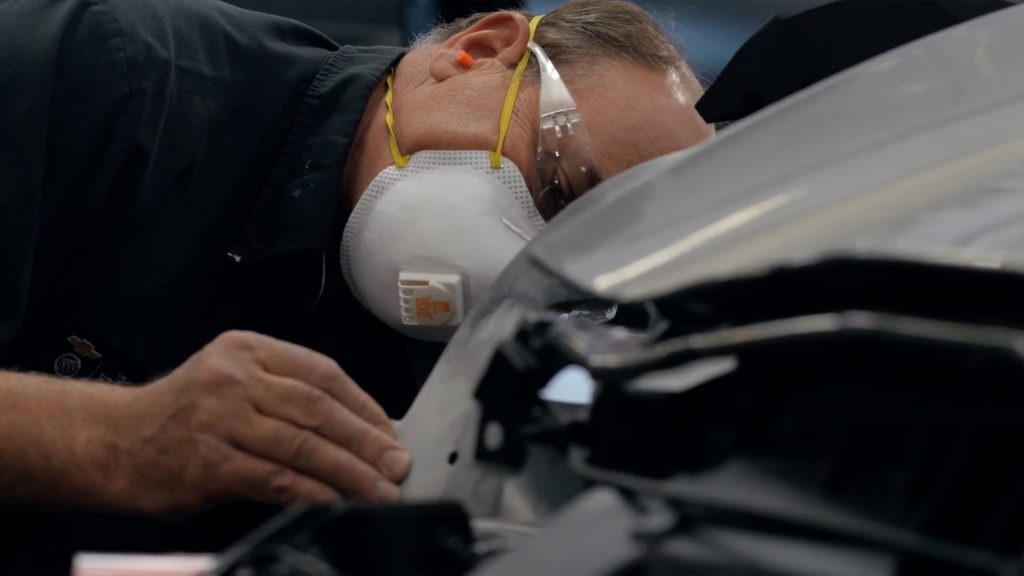Quick Guide For Sustainable Video Production
20 Creative Ways How to Promote Youtube Videos If you’re looking to reduce your environmental impact, this Guide for Sustainable Video Production is a great place to start. At Mosaic Media Films, we emphasize eco-friendly practices throughout the entire video production process. From pre-production, where we use digital tools to cut down on paper waste and hire local talent to minimize travel, to on-set strategies like using LED lighting and implementing recycling and composting programs, sustainability is key. By incorporating energy-efficient equipment and embracing digital workflows, you’ll not only conserve resources but also reduce emissions. These sustainable methods positively impact both local communities and the environment as a whole. Key Takeaways Opt for LED lighting and energy-efficient equipment to reduce energy consumption on set. Select local venues and talent to minimize travel-related carbon emissions. Implement recycling programs and waste audits to manage and reduce production waste effectively. Use digital tools and virtual meetings during pre-production to reduce paper usage. Engage in ethical sourcing and use sustainable materials for set design and costumes. Understanding Sustainable Production Embracing sustainable production practices in video creation conserves resources and echoes a growing global commitment to environmental stewardship. You’re part of a community working to reduce its carbon footprint through innovative solutions that respect our planet. Check Green The Bid sustainable video production standards. Understanding sustainable production begins with recognizing the power of ethical sourcing. Choosing suppliers who adhere to environmental policies and industry standards guarantees that every piece of equipment and every resource used aligns with green certifications. It’s about creating content that matters without compromising the health of our ecosystems. Resource conservation is at the heart of sustainable storytelling. Consider the energy consumption of your production equipment and how you can minimize it. Opt for LED lighting and digital workflows to reduce waste and energy use. You’re not just making videos; you’re protecting biodiversity and promoting sustainable practices that resonate with viewers worldwide. Community impact is significant. When you follow production guidelines emphasizing sustainability, you contribute positively to the local and global community, fostering a sense of belonging among viewers who share your commitment. This approach elevates your brand and pioneers a path for the industry to follow, proving that creative projects can thrive under the umbrella of sustainability. Planning Eco-Friendly Pre-Production Before diving into production, careful planning can greatly reduce your environmental impact. You’re part of a forward-thinking community that values the earth, and your pre-production choices reflect this commitment. Let’s start with sustainable budgeting. Allocate funds specifically for eco-friendly practices. This isn’t just good for the planet; it’s a statement that you care about future generations. When you’re casting, think eco-friendly. Opt for local talent to minimize travel-related carbon emissions. This not only lessens environmental strain but also supports local economies and creates a sense of community and belonging among your cast and crew. Incorporate digital script reading and mobile apps for scheduling to reduce paper usage. Every sheet you save counts! Also, think about virtual meetings to discuss your project’s progress. These choices save time, reduce travel emissions, and demonstrate innovative, responsible leadership. Check out our next blog: Reaching Your Target Market: Targeted Video Campaigns. Choosing Sustainable Locations When selecting your shooting locations, opt for eco-friendly sites that minimize environmental impact and support local ecosystems. Choosing local venues reduces travel emissions and boosts the local economy. Innovate by integrating natural landscapes that require minimal alteration, preserving the authenticity and beauty of your backdrop. Eco-Friendly Site Selection Choosing the right location plays an essential role in sustainable video production. First, consider site accessibility—how easily can crew and equipment reach the location without excessive carbon emissions? To minimize your environmental footprint, opt for places with good public transport links or those within a reasonable distance. Next, assess the natural surroundings and their capacity to handle your production’s impact. Are the local ecosystems sensitive? When you film, you’re part of a larger community, so engage with local stakeholders to understand and mitigate negative effects. This includes respecting habitat preservation and adhering to site regulations that protect the environment and cultural significance of the area. Be mindful of the environmental impact your production may have. Choose locations that support your green goals, perhaps with existing sustainable infrastructures or natural settings requiring minimal alteration. Weather considerations are also important; unpredictable conditions can increase the logistical challenges, potentially causing more harm to the site. Every decision you make should bolster a sense of belonging and responsibility to the area. By being thoughtful and innovative in your location choice, you produce great content and contribute positively to the local community and the planet. Local Venue Advantages Opting for local venues can considerably amplify your project’s sustainability. By choosing venues close to home, you’re not just making a logistical choice but embracing a community-centric approach that yields multiple benefits. Here’s how going local can align your production with eco-conscious, innovative practices: Local Partnerships and Community Support: Engaging with local venues often opens doors to forge partnerships with other local businesses and garner community support. This involvement can lead to shared resources, which minimizes environmental impact and boosts local economies. Venue Sustainability and Accessibility: Local venues may offer better sustainability credentials and are typically more accessible to your crew and talent. This reduces travel-related carbon emissions and supports venue sustainability efforts. Economic Benefits and Regional Resources: Utilizing local venues stimulates the local economy by keeping spending within the community. Additionally, you can tap into regional resources that might offer unique benefits, from local talent to cultural significance. Environmental Impact and Cultural Significance: Choosing a venue with cultural ties enriches your project and promotes local heritage. Minimizing location changes reduces your production’s overall environmental footprint, making a significant positive impact. Reducing On-Set Energy Use Adopting LED lighting solutions, which use less power and emit less heat than traditional options, can considerably reduce your set’s energy consumption. Prioritizing energy-efficient equipment not only slashes your electricity bills but also reduces your carbon footprint. A strict schedule for power usage guarantees that
Quick Guide For Sustainable Video Production Read More »









